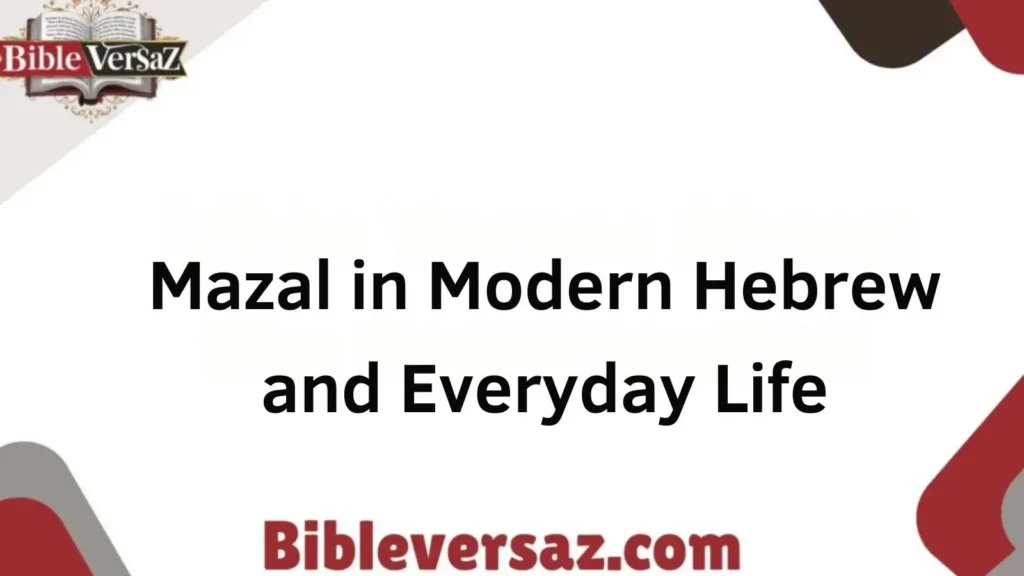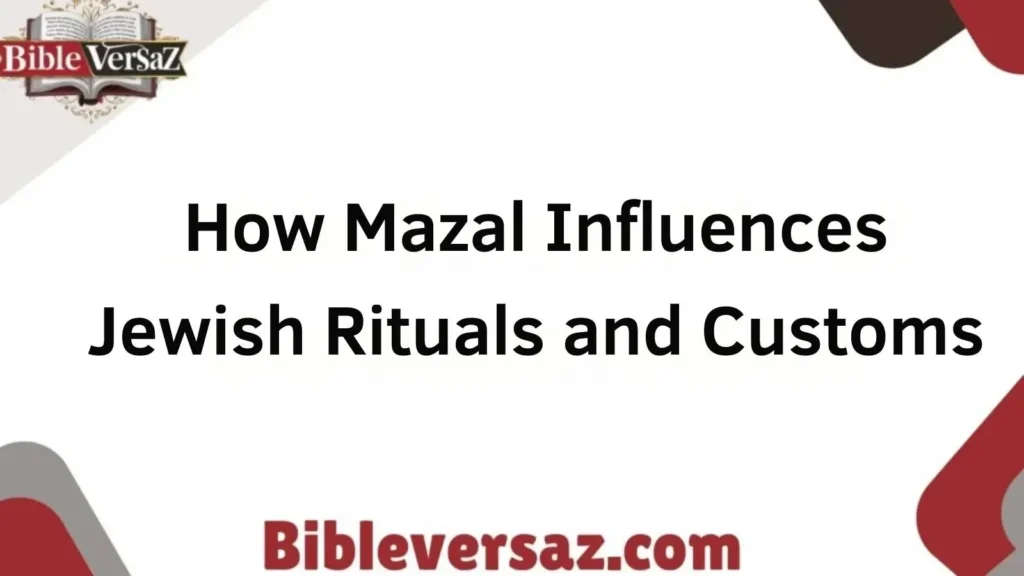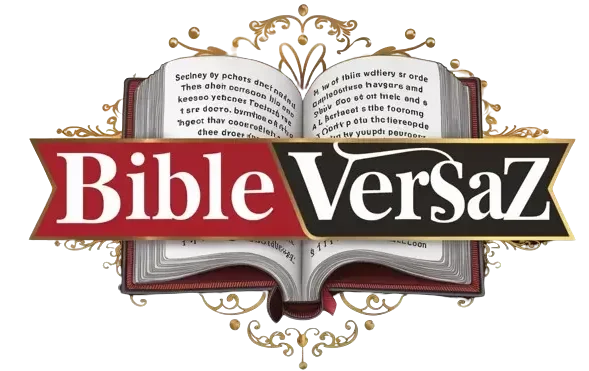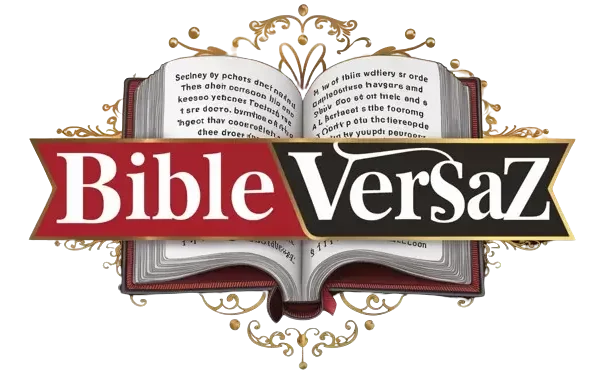The word Mazal (מַזָּל) is deeply rooted in Hebrew, Jewish tradition, and modern language. While often associated with luck, its meaning extends far beyond mere chance.
The term appears in ancient texts, rabbinic discussions, and daily blessings, carrying significant spiritual and philosophical weight.
In this article, we will explore:
- The etymology and historical origins of “Mazal.”
- Its role in Jewish thought, astrology, and mysticism.
- How Mazal influences rituals, customs, and modern life.
- Common misconceptions and cross-cultural connections.
- Practical applications of Mazal in daily decision-making.
Etymology and Linguistic Origins of Mazal
The term Mazal originates from the Hebrew root (נ-ז-ל), meaning to flow or drip, which is linked to the concept of celestial influences “flowing” upon individuals.
Historical Linguistic Roots
- Akkadian Influence: “Manzaltu” (position of a star).
- Aramaic Usage: “Mazala” referred to planetary movements.
- Literal Meaning in Hebrew: “Constellation,” “fate,” or “destiny.”
Over time, the concept of Mazal evolved from an astronomical term to a spiritual and philosophical principle.
Mazal in Jewish Thought and Tradition
Biblical and Talmudic References
- The term Mazalot appears in the Book of Kings (2 Kings 23:5), referring to astrological constellations.
- Talmudic Teachings:
- Shabbat 156a: “One born under Mars will be prone to bloodshed.”
- Bava Metzia 42a: “Everything depends on Mazal, even the Torah scroll in the ark.”
Rabbinic Perspectives on Mazal
- “Ein Mazal L’Yisrael” (Shabbat 156a) – “Israel is not governed by Mazal.”
- Some rabbis rejected astrology, emphasizing free will.
- Kabbalistic texts teach that Mazal is a divine channel of spiritual energy rather than mere luck.
The Role of Mazal in Astrology and Mysticism
The 12 Mazalot (Zodiac Signs) in Jewish Tradition
Jewish mysticism integrates Mazal into a Zodiac system, aligning each Hebrew month with a Mazal (constellation):
| Hebrew Month | Mazal (Constellation) | English Equivalent |
| Nisan | טלה (Taleh) | Aries |
| Iyar | שור (Shor) | Taurus |
| Sivan | תאומים (Teomim) | Gemini |
| Tammuz | סרטן (Sartan) | Cancer |
| Av | אריה (Arieh) | Leo |
| Elul | בתולה (Betulah) | Virgo |
| Tishrei | מאזניים (Moznaim) | Libra |
| Cheshvan | עקרב (Akrav) | Scorpio |
| Kislev | קשת (Keshet) | Sagittarius |
| Tevet | גדי (G’di) | Capricorn |
| Shevat | דלי (D’li) | Aquarius |
| Adar | דגים (Dagim) | Pisces |
Mazal in Modern Hebrew and Everyday Life

Common Expressions Using Mazal
- “Mazal Tov” (מזל טוב) – “Good fortune” or “Congratulations.”
- “Mazal Sheli” (מזל שלי) – “My fate.”
- “Mazal Kasheh” (מזל קשה) – “Difficult luck.”
- “Mazal Ra” (מזל רע) – “Bad luck.”
These phrases illustrate how Mazal is embedded in daily language.
Philosophical and Theological Perspectives on Mazal
Free Will vs. Destiny
- Maimonides (Rambam) rejected astrology, emphasizing human choice.
- The Zohar teaches that Mazal is a heavenly force influencing events.
- Chassidic teachings reconcile these views, stating that one can transcend Mazal through prayer and good deeds.
How Mazal Influences Jewish Rituals and Customs

Mazal in Life Events
- Birth: Kabbalists believe the time of birth affects destiny.
- Weddings: Certain dates are considered more auspicious.
- Bar/Bat Mitzvah: Aligns with a person’s Mazal cycle.
- Jewish Calendar: Festivals and fasts align with celestial patterns.
Common Misconceptions About Mazal
| Misconception | Reality |
| “Mazal means luck.” | Mazal refers to divine influence and spiritual alignment. |
| “Jews don’t believe in astrology.” | Jewish tradition includes astronomical insights, but emphasizes free will. |
| “Mazal cannot be changed.” | Prayer, charity, and good deeds can alter Mazal. |
The Influence of Mazal in Other Cultures
- Arabic: “Maqadir” (destiny) is similar to Mazal.
- Persian: “Bakhte” means fate, akin to Mazal.
- Western Astrology: Jewish Mazal shares Zodiac connections.
Practical Applications: What Mazal Means for You
Can Mazal Be Changed?
- Yes! According to Jewish belief, a person can change their fate through:
- Prayer (Tefillah)
- Charity (Tzedakah)
- Repentance (Teshuvah)
Daily Practices Involving Mazal
- Special Prayers: “Birkat HaMazal” for success.
- Jewish Customs: Naming a child based on their Mazal.
- Superstitions: Avoiding weddings during “bad Mazal periods”.
Conclusion
Mazal is far more than just “luck.” It represents a complex interplay of divine influence, destiny, and personal effort. While some believe in predestined fortune, Jewish wisdom teaches that actions can shape Mazal.
The ultimate question remains: Does Mazal control us, or do we shape our own Mazal? The answer lies in how we live, believe, and act.

Freya Hughes combines her passion for faith and love for writing to craft meaningful content that resonates with believers of all backgrounds. Her articles on BibleVersaz.com are known for their clarity, warmth, and ability to illuminate the relevance of ancient scriptures in today’s world.


